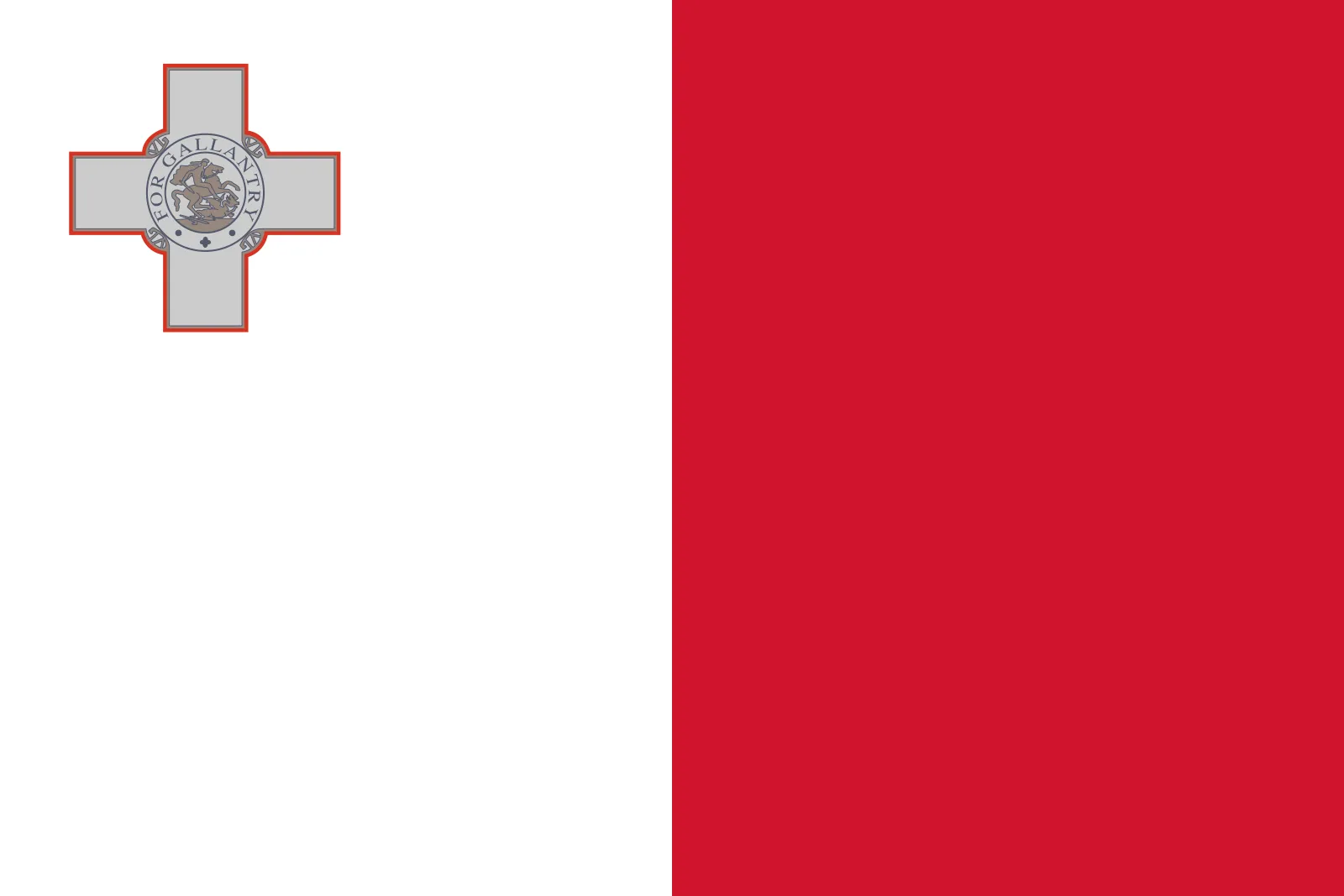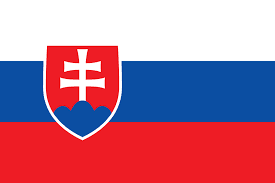The standard requirements for a European work visa are as follows:
Application form
Two identical photos - These photos must have been taken within the last three months.
Valid passport - Your passport must not be more than ten years old and must be valid for at least three months prior to your intended travel date.
Round-trip flight reservation - You must indicate the dates and flight numbers of your inbound and outbound flights.
Travel medical insurance - One that covers any medical emergency with hospital care for up to 30,000 euros.
Proof of accommodation - Showing where you will be residing.
Employment contract - A signed employment contract between you and your future employer.
Proof of language skills - It is important that you can adapt to the country you will be working in. That is why many countries will ask you to meet a specific level of their official language.
Please note that individual European countries may have additional requirements.














